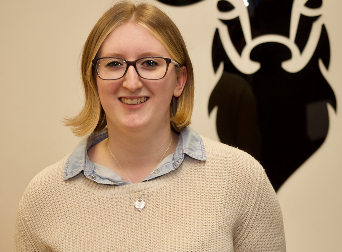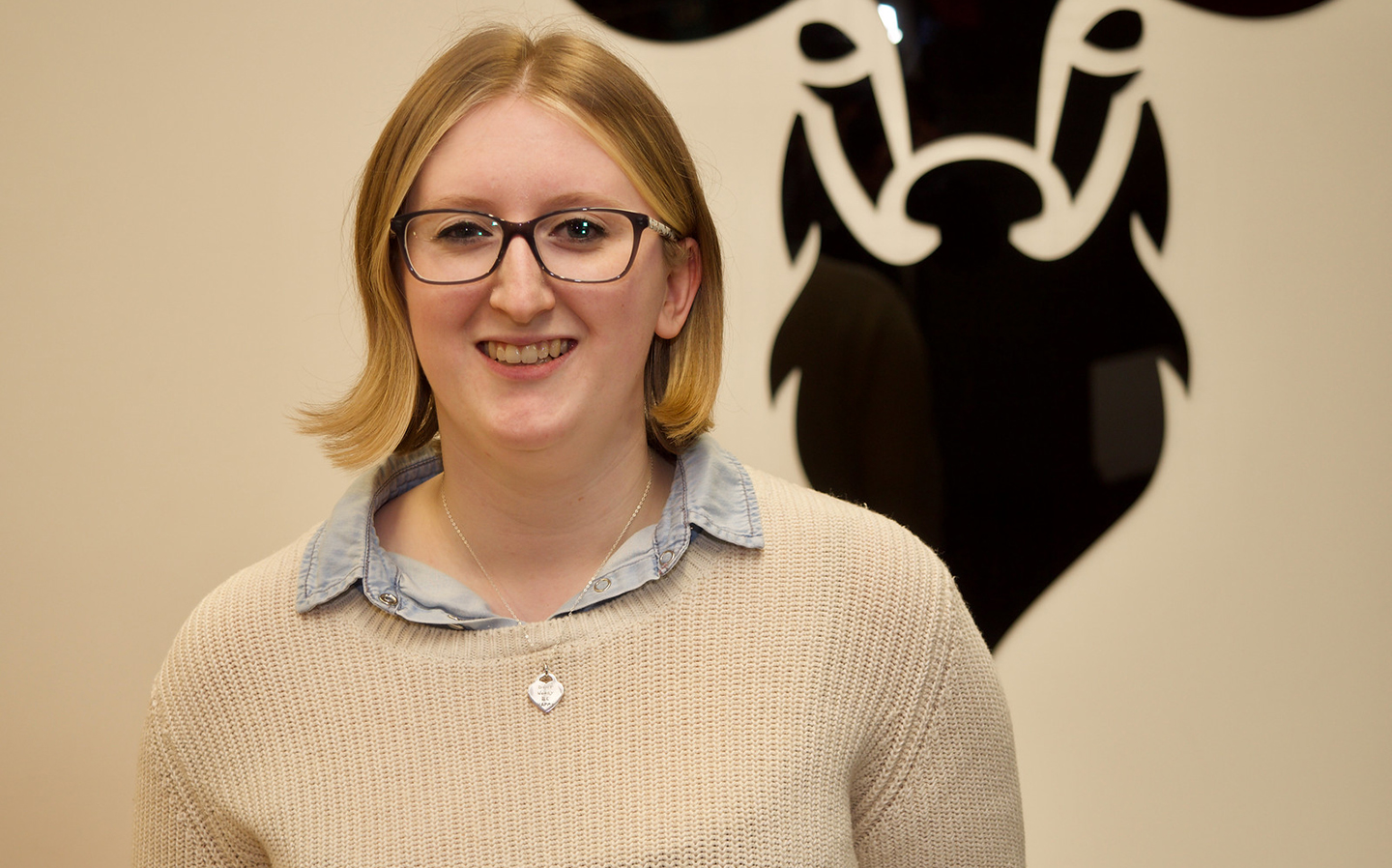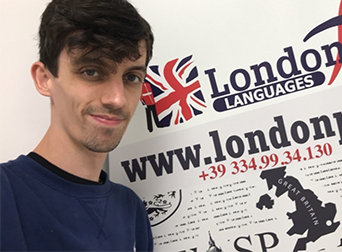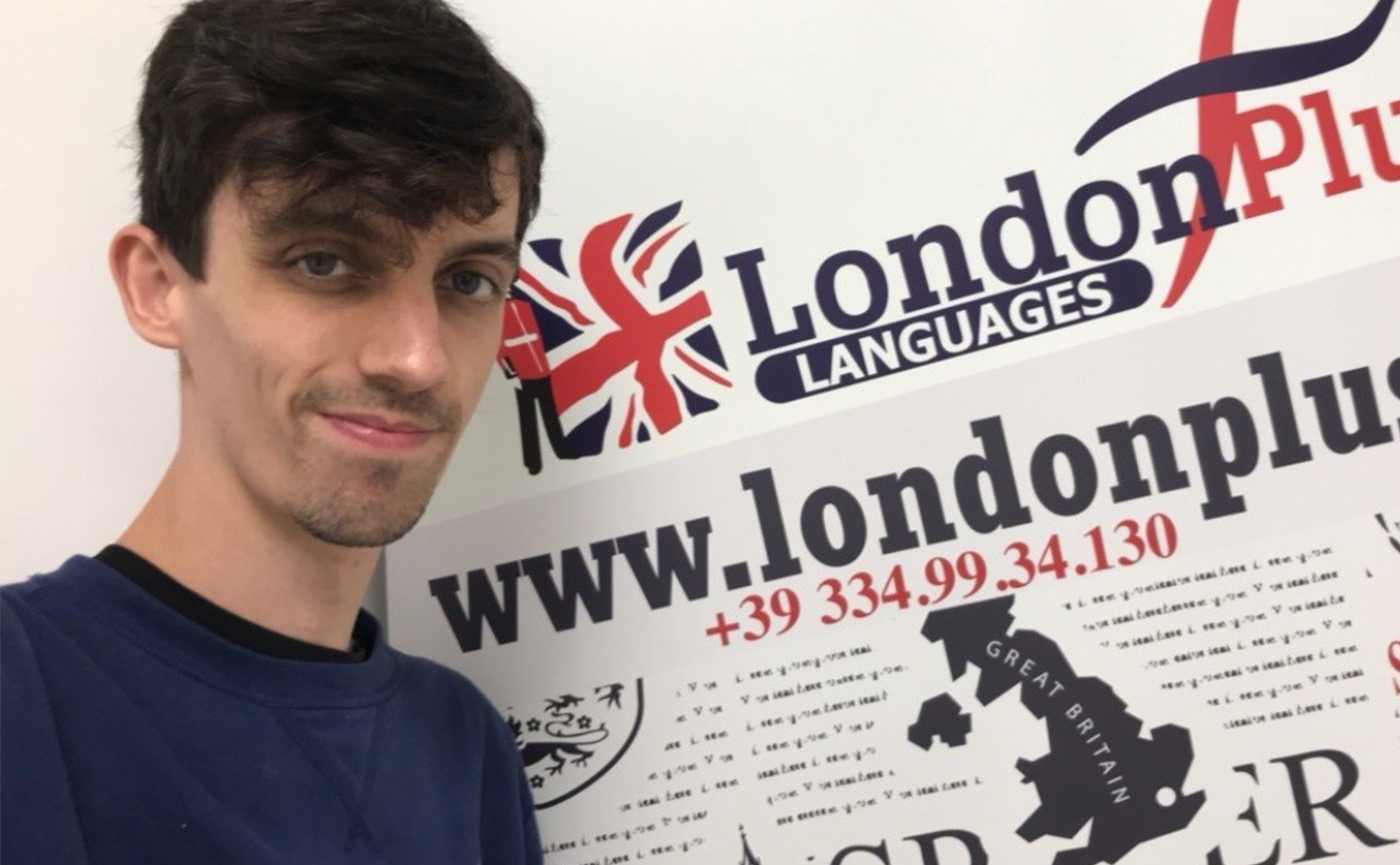BA (Hons) History
Key information
-
Typical offer:
Entry requirements -
Fees: See below
Full details -
UCAS code: V150
-
Institute code: H36
-
Study abroad option
-
Work placement option
Find out more
Why choose this course?
- 96% overall student satisfaction rating (NSS, 2024, based on the average of Q1-25)
- Top 25% in the UK for research impact (Research Excellence Framework, 2021)
- No exams ever again – all our assessments are coursework based
Join us on an exhilarating journey through time with the BA History course at the University of Hertfordshire, a twentieth-century degree designed for the curious, the passionate, and the ambitious. This course is not only about the study of the past, but a bridge to your future, offering depth, flexibility and a commitment to turning your fascination with history into a rewarding career.
What we give you:
- Support from research active academic tutors
- A flexible programme of study, allowing you to concentrate on areas you find interesting
- Opportunities for work placement and study abroad
This is a history degree for today’s evolving world. You can choose to explore the complexities of faith, science and the supernatural in Faith, Magic, and Medicine 1500-1800, or investigate the use of Propaganda in Twentieth Century War and Politics. With modules like Postcards from Empire you'll traverse continents and centuries, gaining an essential global perspective that makes sense of today's interconnected world. Alongside our history modules, you can choose pathways that include combining history with another subject such as literature, philosophy, film, creative writing or one of our 6 languages. To learn more about languages options at Herts, see here.
The University of Hertfordshire is distinguished by its strong focus on research impact, ranking in the top 25% of UK universities for research impact (Research Excellence Framework, 2021), and enjoys a 91% overall student satisfaction rating (National Student Survey, 2022). We have an active extra-curricular offering, giving you real-world experience and connections with the heritage industry and local communities. Our history students are active in the Oral History Team in projects that have been recognised by the BBC and the Royal Historical Society. We have a very active History Society, run by students for students. You will also have the opportunity to engage with some of the 100+ clubs and societies on campus, to play sports, get involved in music and drama, or help run the award-winning Students’ Union. With our state-of-the-art facilities and a buzzing campus, you’ll find a supportive and fun community that fosters your academic and personal growth.
For anyone looking to turn their passion for history into a promising career in a fast-paced world, our BA in History at the University of Hertfordshire offers a vibrant and supportive environment where you can explore the past, understand the present, and shape the future. Join us and embark on a journey that not only deepens your understanding of history but also equips you with the skills, experiences and confidence to succeed in whatever path you choose.
What's the course about?
The first year is supported by a targeted skills module Historian’s Toolkit that will help you make the transition to degree level work and develop your understanding of the many ways in which and you can be a historian. Alongside this you can dive into the cultural powerhouse of the twentieth century with the module The American Century 1900-2000. In the module History on the Page, Stage, and Screen you will see that from the ever-popular Bridgerton series to Shakespeare’s masterful retellings the vibrant tapestry of the past can come alive, shaping our contemporary cultural landscape through the power of historical storytelling.
In your second year, the course offers great flexibility and choice, encouraging you to follow your interests wherever they lead. Whether it’s delving into the intricacies of family life in the eighteenth century, understanding the pivotal political movements of the 20th century, investigating the evolution of crime and society in the sixteenth century, or mastering the art of historical documentary film making, the choice is yours. Our teaching ensures a dynamic and interactive learning experience that not only broadens your knowledge but also hones your analytical and critical thinking skills, all crucial for today’s world of employment.
Work placement/study abroad option: Between your second and final year, you’ll have the option to study abroad or do a work placement for up to a year. Not only will this give you an amazing experience to talk about but will also give your CV a boost. If you’d rather go straight to your final year, that’s absolutely fine too.
In your third and final year, you can write a dissertation on a topic of your choice, an optional extended project that allows you to showcase the depth of your understanding and the breadth of your research skills. This is your chance to contribute original insights to the field of history, guided by staff renowned for their cutting-edge research and innovative teaching methods. Final year modules are driven by our teaching staff’s specialist research area and give you the opportunity to work closely with source materials from the past related to your own chosen topics and passions.
Your main campus is College Lane
This is where the creative arts, science and health-related subjects are based. This means you’ll share the campus with future nurses, scientists, artists and more. You can use the common rooms to relax with friends, work out in the 24-hour gym or have a drink in our on-campus pub or cafes. We also have restaurants for you to eat in or grab something on the go. Our Learning Resources Centres are open 24/7, which means you can study whenever suits you best. Want to pop over to the other campus? You can take the free shuttle bus or walk there in just 15 minutes.
What will I study?
Degree programmes are divided into levels, 4, 5 and 6. These correspond to your first, second and third/final year of study. Below you can see what modules you’ll be studying in each.
You can also choose to study a language as part of your programme; French, German, Japanese, Mandarin Chinese, Korean and Spanish are all options. It doesn’t matter if you are a beginner or have studied before, you’ll be put in the appropriate class.
Check out our student blogs

Student Blogs
Jasmine - Week at a glance
My week at a glance
History lessons are taught between a mixture of lectures and seminars for the first two years (Level four and five). A typical week would consist of one-hour lectures per module followed by a seminar, which could either be immediately after or on a different day. The seminars consist of smaller groups of people where you discuss both the lecture’s information and the assigned reading. These can be debates, presentations, or simple discussions. So, despite only having contact time for four hours per week, there are independent reading and assignments which need to be completed.
I start my week by completing the required reading, making notes of anything I do not understand so that I can ask my lecturer. After completing the weekly reading, I will work on the assignments. Even though they are mostly due at the end of the semester it is a good idea to work on them throughout, so you do not leave them until last minute.
I participated in active students, which is free for all Hertfordshire students. Here I would attend yoga classes, but there is a wide range of fitness and wellbeing events that take place. I also enjoyed badminton, as you could either go alone or with a group of friends. It is also a good idea to join society as it not only boosts your CV, but it is a way to meet likeminded people and develop friendships.
I also had a part-time job which I would do alongside studying. This means that planning is vital as you want to be on top of your workload to ensure you have enough time to complete it to the best of your ability. It worked well with the history course as most of the work was independent, meaning I could work around my other commitments.
It is important that you allow downtime alongside work as it recharges you and you can produce better quality work. It also prevents you from being overworked and ensures that you enjoy the course.

Student Blogs
Jasmine - Things you should know
Things you need to know before studying History at Herts
Preparation is key! Once you know what modules you are taking it is useful to do some research prior so that you can enter the module with basic knowledge. This makes studying it that much easier and you are less likely to be left behind. It prevents your workload from building up and be unbearable. History is a very independent course and will consist of quite a bit of reading, so you need to organise your time efficiently. Leave enough time to work on your assignments from the start so that if you have any issues you can get them sorted in time.
Complete the required reading as that way you will be able to contribute to the seminar discussions. Furthermore, if you stumble across words you are not familiar with or useful words it’s a good idea to make a keyword list and ask your lecturer if you are unsure of a specific concept. When completing the reading highlight important themes and produce short notes. Put them in your own words and as simple as possible, as it makes them easier to understand in the future. It is usually best to find a spot away from distractions and turn your phone off. Moreover, take regular short breaks, to allow what you have read to sink in.
Do not be afraid to talk to the lecturers, they are lovely and always willing to answer questions, especially on assignments. I found that discussing my drafts with lecturers before completing them allowed me to get high grades as they were able to point me in the right direction. They are there for you, so make sure you use them as much as possible.
Most importantly make sure you are having fun and enjoy yourself. Allow downtime so that you can recover and have the right amount of work/life balance.

Student Blogs
Jasmine - Why I love History
What I love most about my course
I loved that with history you could do as much or little as you wanted. Alongside completing the required tasks, lecturers indicated further reading sources if you wanted to. That meant to if there was a part of the subject that interested you, it was possible for you to explore it further. Moreover, most of my lecturers would ask at the start of the semester what we wanted to get from the course. This meant if there were specific areas that we were most fascinated with or wanted to learn, they aimed to include that into the module.
I also loved that there is a range of topics that are covered, and the ability to choose which ones you wanted. I minored in public history which meant that instead of the typical essay assignments I created a documentary for one module. Another module was work experience, so I got to volunteer. We also went on trips to the archives and Bayfordbury campus which offered alternative styles of learning and experiencing history outside the classroom. This was exciting as I got to try new things, which I would not have thought to do.
The humanities department was extremely inclusive. They have an Instagram and post regular events like rollerblading and film nights which allowed you to socialise with your lecturers and peers. The staff were all friendly and welcoming and always happy to help with any issues. I felt that they truly wanted me to succeed, and they had my back. The events helped to create a work/live balance.
Due to the independent nature of studying history, I was able to adapt to studying around my lifestyle. Because the contact time was only eight hours per week, I was able to work alongside studying. I was also able to study on the train journey or at home when I returned to visit family, meaning that I was not left behind on my workload.

Alumni Stories
Eleanor Pilcher
Meet Eleanor Pilcher who since graduating in 2016 has taken the publishing industry by storm. Eleanor currently works as a Marketing Manager at Avon, HarperCollins Publisher.
Read more stories Find out more about this course| Current job role | Marketing Manager |
|---|---|
| Year of graduation | 2016 |
| Course of study | BA (Hons) History and Creative Writing |

University experience and employability
Eleanor is a keen writer with great creative ambitions. During her degree she undertook a six-month internship at a literary agency in her final academic year. In 2016, shortly after her studies, Eleanor landed a placement at Penguin before getting a job in publishing recruitment. After developing her skills within the industry and amassing and impressive amount of knowledge and experience, Eleanor began her current role at HarperCollins Publishers.
Eleanor's degree encompassed a broad spectrum of critical, analytical and evaluative skills and helped shape her as a writer. Throughout her studies she had been writing a novel, which she submitted to literary agencies after being encouraged by her tutor to do so. It was Eleanor's passion for writing that uncovered her interest in working for a literary agency. Due to the fantastic lecturers on her course and the invaluable industry networks available to students, Eleanor managed to secure impressive opportunities in her chosen industry that have informed her career.
Sher recognises the impact the University has had on getting her to where she is today. 'For me the advice and feedback I received on both my History essays and Creative Writing finals was incredibly useful to my academic and professional development. I learnt to take criticism and to harness it and also write more because of it.'
Ambitions for the future
Eleanor has established herself in her chosen industry yet still has ambition to continue pursuing new goals. On her hopes for the future, she says: 'I hope to run a marketing department within a publishing company, possibly the one I'm at now. I hope to publish a novel and continue my freelance writing and public speaking on the side.'

Alumni Stories
Callaghan French
Meet Callaghan. Callaghan’s love of history inspired him to study at Herts and now he is teaching in Italy.
Read more stories BA (Hons) History| Current job role | English as a Second Language Teacher in Italy |
|---|---|
| Year of graduation | 2022 |
| Course of study | BA (Hons) History |

A love of history
Callaghan’s love of history started in primary school, and it stuck with him up until it was time to apply to university. He visited Herts for an open day and was impressed. He says, ‘Herts offers the opportunity to study a wide range of historical topics, they have a huge library, and extensive resources available to students. I also had a compulsory academic support module in the first year which was very helpful for my studies.’
His time at Herts was impacted by the COVID-19 pandemic, but one of Callaghan’s favourite moments was when he and fellow committee members were able to revive the History Society once restrictions were lifted. He says, ‘Working together to achieve this after such a tough period is an experience I will always value. I’d recommend that everyone join a society!’
Callaghan says that the most interesting part of his degree was his dissertation because he had the opportunity to research a topic of his choosing and present it to his lecturers and course mates.
Teaching in Italy
Callaghan is now a Teacher in Italy, where he teaches English as a Second Language. He says, ‘My course shaped me into a strong and confident speaker, which has greatly helped me in my current role. I was able to practice this skill in seminars and the occasional presentation.’
Callaghan is considering a career in academia or the Civil Service. His advice to current or future Herts students is to, ‘Work hard, but ask for help if you need it.’

